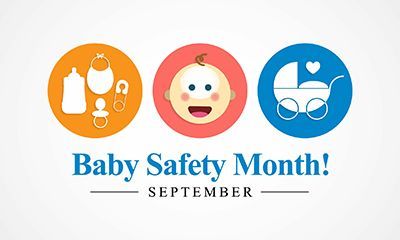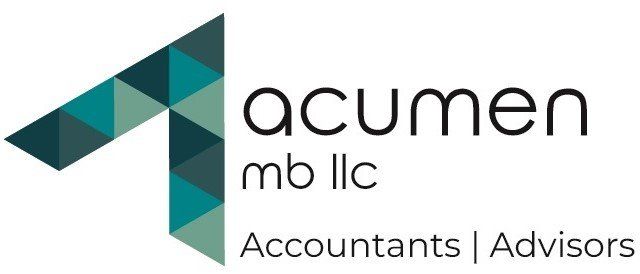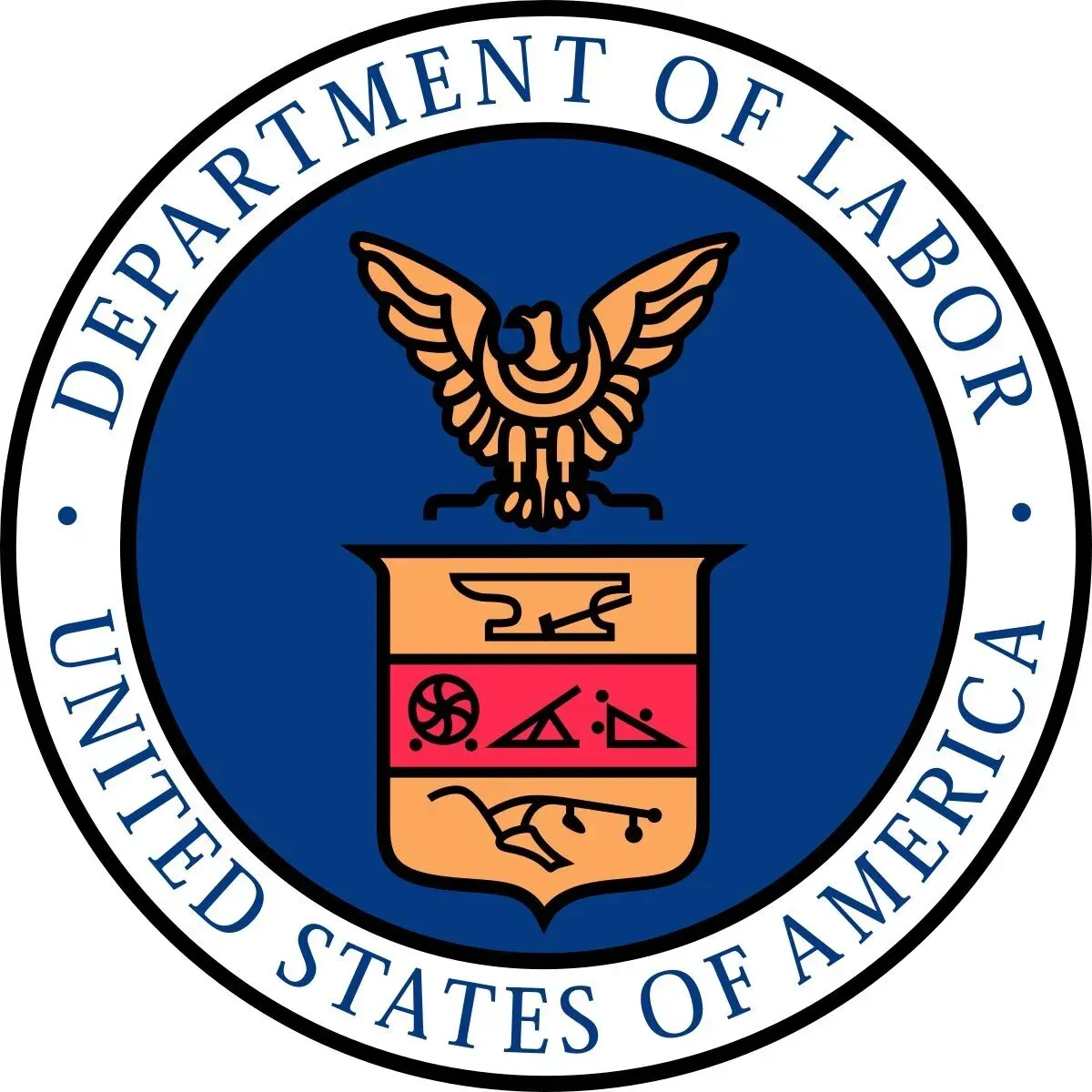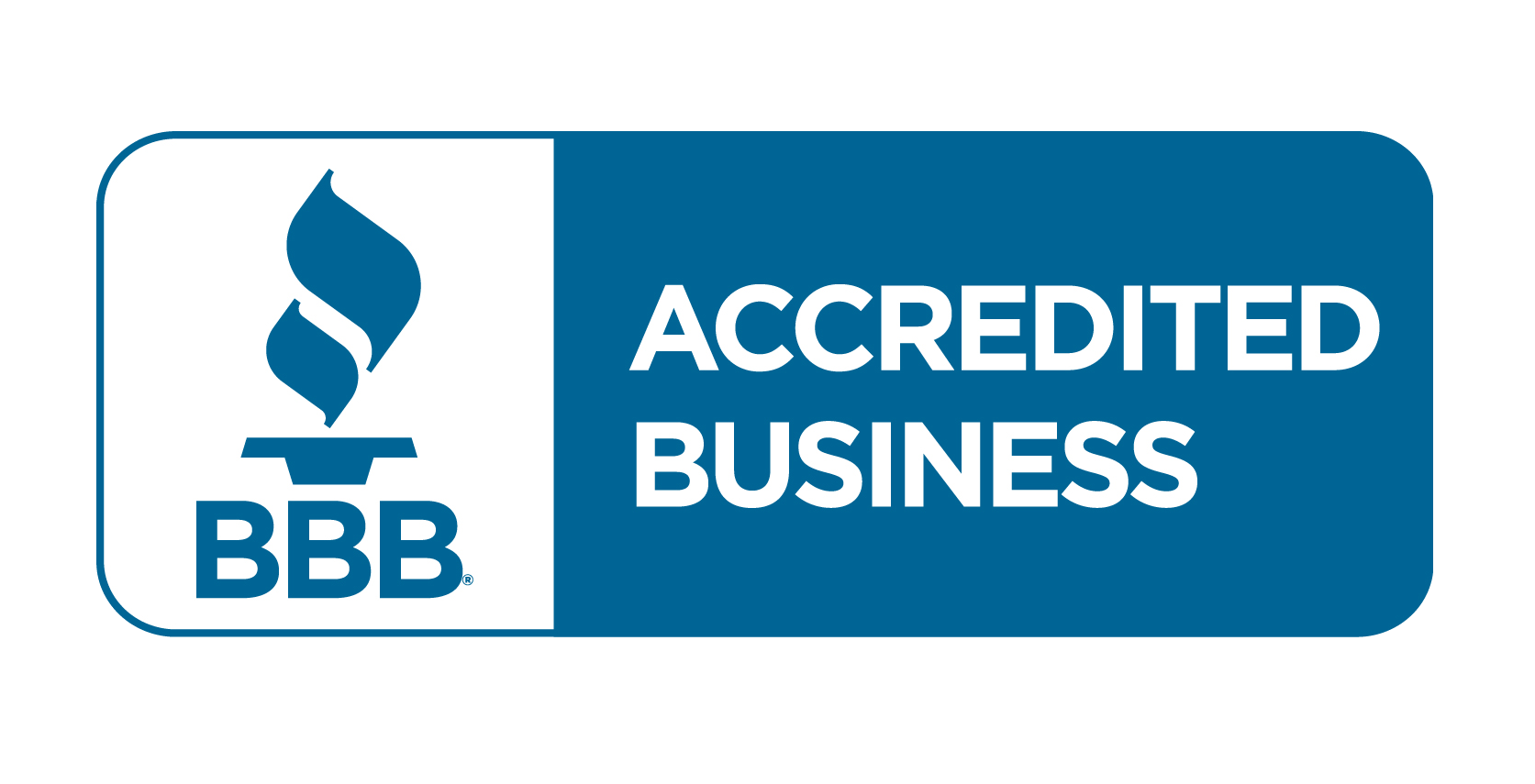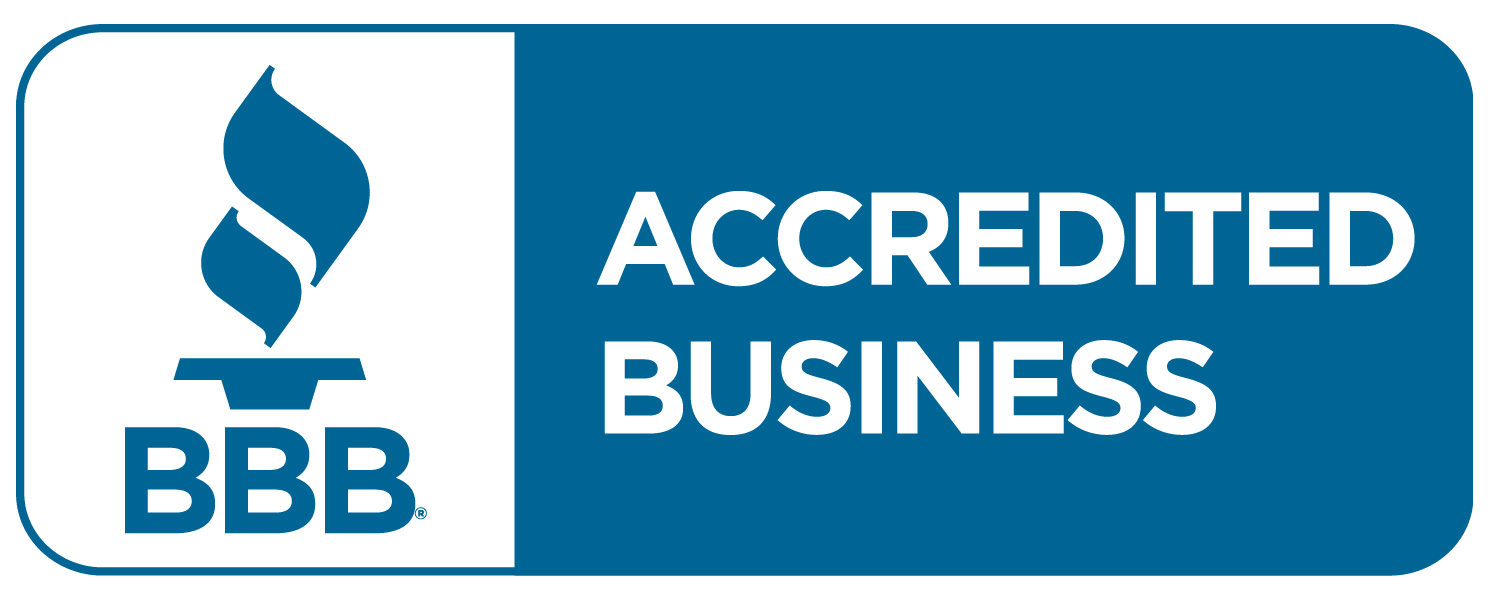Understanding the New Department of Labor Rules for Salary Exempt Employees
As of July 1st, significant changes to the Department of Labor (DOL) regulations will impact certain salaried employees regarding overtime rules. At Acumen MB LLC, we aim to help our clients navigate these changes seamlessly and ensure compliance with the latest labor laws.
The EAP Exemption Explained
To understand the changes, it’s essential first to grasp the basics of the EAP exemption. EAP stands for Executive, Administrative, or Professional, which are the categories under which employees can be exempt from overtime pay requirements. For an employee to qualify for this exemption, they must meet three key criteria:
1. Salary Basis Requirement: The employee must be paid a predetermined and fixed salary. This salary should not be subject to reductions due to variations in the quality or quantity of work performed. This ensures that the employee receives a consistent paycheck regardless of the hours worked or the results achieved in a specific pay period.
2. Salary Level Requirement: The employee must earn at least a specified minimum salary per week. This threshold is set by the DOL and can be subject to periodic adjustments. The goal is to ensure that employees in exempt positions are compensated at a level commensurate with their roles and responsibilities.
3. Duties Test: The employee’s primary duties must fall under executive, administrative, or professional categories as defined by the DOL regulations. This means their job responsibilities should involve significant decision-making, management, or specialized knowledge and skills.
What’s Changing on July 1st?
Starting July 1st, certain salaried employees who previously fell under the EAP exemption may now be entitled to overtime pay if they work more than the standard number of hours in a pay period. This change is crucial for businesses to understand and implement to avoid non-compliance and potential penalties.
Here's what you need to know:
1. Re-evaluation of Salaried Positions: Companies must review their salaried positions to determine if they still qualify for the EAP exemption under the new rules. This involves reassessing job descriptions, salary levels, and actual duties performed by employees.
2. Adjustment of Payroll Practices: For employees who no longer qualify for the exemption, businesses will need to adjust their payroll practices to account for overtime pay. This might involve updating time-tracking systems, revising compensation plans, and ensuring accurate payment for all hours worked beyond the standard workweek.
3. Employee Communication: It is essential to communicate these changes clearly to affected employees. Transparency about how their compensation might be impacted and the rationale behind these adjustments will help in maintaining trust and morale within the organization.
By staying informed and proactive, your business can smoothly transition to the new requirements while ensuring fair and compliant compensation practices. Contact Acumen MB LLC today to learn more about how we can assist you in navigating these important changes.

